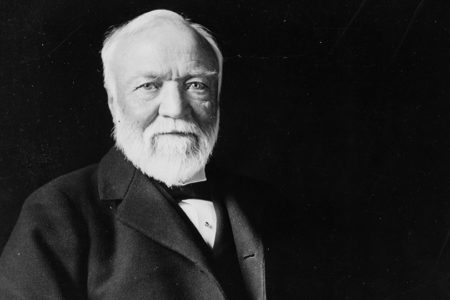The Perpetual No
No, no, no! Palestinian President Mahmoud Abbas’s resounding “No!” came as no surprise when President Donald J. Trump recognized Jerusalem as the capital of Israel in December and vowed to relocate the U.S. embassy there from Tel Aviv.
Abbas also doubled down on his negative response by calling for a day of rage in the West Bank, Gaza, and eastern Jerusalem, even though Trump promised recognition and relocation would not dissolve any potential peace deal between the Arabs and Israelis.
“We want an agreement that is a great deal for the Israelis and a great deal for the Palestinians,” Trump said. “We are not taking a position of any final status issues including the specific boundaries of the Israeli sovereignty in Jerusalem or the resolution of contested borders. Those questions are up to the parties involved.”
In a meeting called by Turkish President Recep Tayyip Erdogan, who summoned the 57-member Organization of Islamic Cooperation (OIC) to Istanbul, Turkey, at the end of 2017 to discuss the “repercussions” of U.S. recognition of Jerusalem, Abbas made a characteristic threat. Until Jerusalem is recognized as the capital of a future Palestinian state, he said, there will be “no peace or stability” with Israel.
Unfortunately, Arab leaders have a long history of saying no to peace with Israel. The latest threat is nothing new.
In 1947 to the UN Partition Plan that promised them a future Palestinian state alongside Israel. They said no in 1967 to peace, negotiations, and recognition of Israel after the Six-Day War and Israel’s recapture of Jerusalem. They said no in 2000 when Israel offered them 97 percent of the West Bank as a future Palestinian state and eastern Jerusalem as the capital. They said no in 2008 when Israel offered them 93 percent of the West Bank plus land around Gaza that would have given them the equivalent of 100 percent of the land mass of the West Bank.
Imagine how different the Middle East would look if the Arabs ever said yes. If they had accepted the partition plan in 1947, the Arab-Israeli conflict as we know it today might not exist. If they had recognized Israel and negotiated with the Israelis, who were seeking peace with them after the Six-Day War in 1967, reconciliation could have been realized decades ago. Israel has proven with Egypt and Jordan that establishing peace is possible.
If the Palestinians had agreed to either one of Israel’s offers of land in 2000 or 2008, they could have established a Palestinian state in the West Bank.
Unfortunately, the Palestinian leaders have proven time and again that they do not want peace with Israel. They want Israel to disappear because they reject Israel’s right to exist. When Israel handed them the Gaza Strip in 2005—complete with flourishing agricultural fields and greenhouses—in hopes of making peace, they not only said no but ripped up the fields, destroyed all the greenhouses, and continued to talk about “liberating all of Palestine,” meaning, annihilating Israel.
They continually say no to anything that validates a Jewish presence in Israel, the West Bank (biblical Judea and Samaria), or Jerusalem. Their perpetual no prolongs conflict, promotes terror, and produces nothing that will ever bring peace.
After 70 years of no, Abbas would be wise to change his tune. Saying yes would be a gamechanger, not only for the Palestinian people who suffer serious deprivation under the current regime, but also for Israel and the world.








